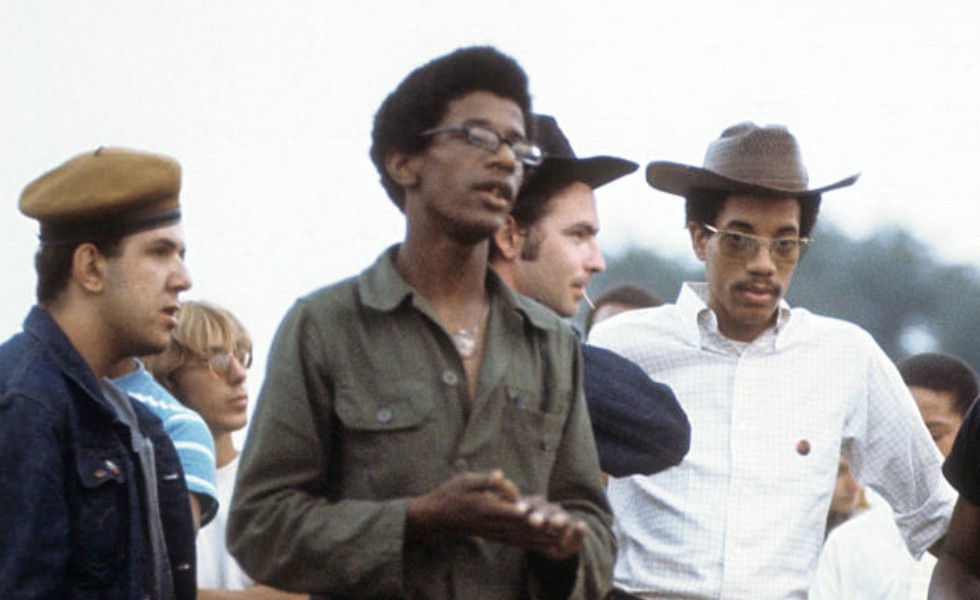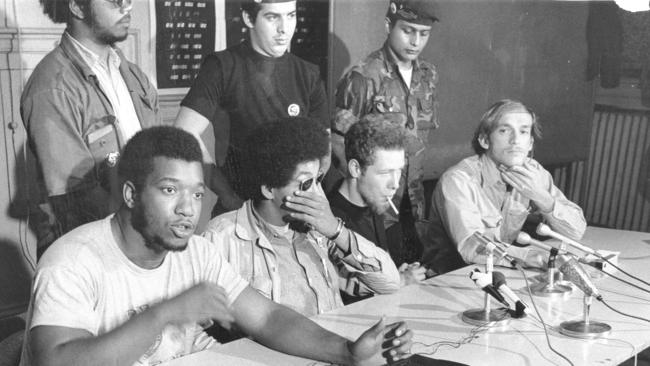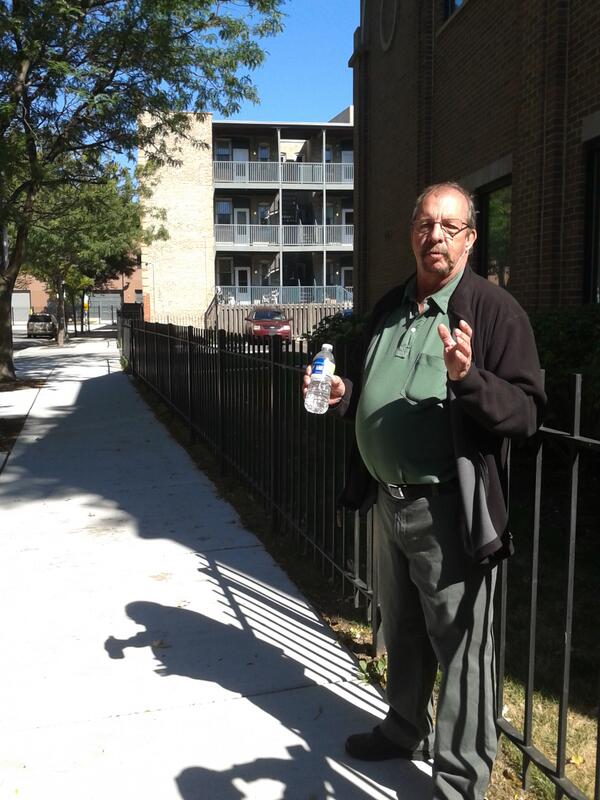Filed under: IGDcast, Interviews, Radio/Podcast

Podcast: Play in new window | Download
Subscribe: RSS
Originally published to It’s Going Down
This month marks the 50th anniversary of the founding of the Black Panther Party for Self-Defense in the bay area of California and across the US people are discussing the history and legacy of the Panthers who formed a country wide organization based upon principles of anti-capitalism and self-defense against police violence. In a short amount of time, the Panthers created a broad organization of women and men, published a national newspaper, monitored police interactions within the black community while legally armed, and set up a series of “survival programs pending revolution” that included free breakfast for school children, health-care, and transportation.
Over the first couple of years, the Panthers grew and the government, under the auspices of COINTELPRO, or Counter-Intelligence Program, began a coordinated assault that included misinformation, violent shoot outs at Panther HQs, frame-ups, and out-right assassinations. In one of the most well known cases, Chicago police assassinated two Black Panthers including the leader of the Chicago Chapter, Fred Hampton.
Members of the Black Panthers, Young Lords, and Young Patriots.
Hampton, along with Bobby Lee and other Panthers within the party worked to build bridges within other working-class and poor communities throughout the city – including in white neighborhoods made up of Southerns. But it is this history that has been covered up most by not only time but the violence of the police and government repression, and it is here that we will discuss the nature of the alliance that were formed by various groups in Chicago that made up the original Rainbow Coalition.
Members of the Rainbow Coalition at a press conference.
In the post-war period of the 50s and 60s, many poor and working-class whites fled the South as automation and changes in production led to mass poverty and unemployment. Many fled North to Chicago, where rent was cheap but jobs were hard to find. Living in dilapidated housing, many Southern whites lived in conditions as bad or worse than those in black and Latino communities that bordered them. In this environment, crime festered, and gangs controlled territory.
Hy Thurman of the Young Patriot Party
However, as groups such as Students for a Democratic Society (SDS) began to organize, they also encountered young whites involved in various street gangs that began to become political, as they responded to their friends being killed by the police and the daily conditions of their lives. Out of these formative years, grew the Young Patriots Party, which was made up of Southern poor whites living in the Uptown neighborhood of Chicago. Working with the Black Panthers and the Young Lords (which was comprised of Puerto Rican youth), the Young Patriots organized against police brutality, poverty, lack of access to jobs, for decent housing and against gentrification, and over all, pushed an anti-racist agenda (at a time when many whites were swayed towards George Wallace’s flavor of white supremacy) within the white working-class as they made connections into other communities.
In this episode, one of the founders of the Young Patriots, Hy Thurman, discusses the evolution of the group from his days as a gang-member, to his radicalization into a revolutionary, the conditions for poor people in Chicago, and his coming up against the Ku-Klux-Klan, the American Nazi Party and powers of City Hall while organizing.
At a time when American workers and the poor are more divided than ever and social movements are out in the street in force, the story of the Young Patriots offers a glimpse at a time when revolutionaries of all races and walks of life came together to create a truly historical anti-capitalist movement.








